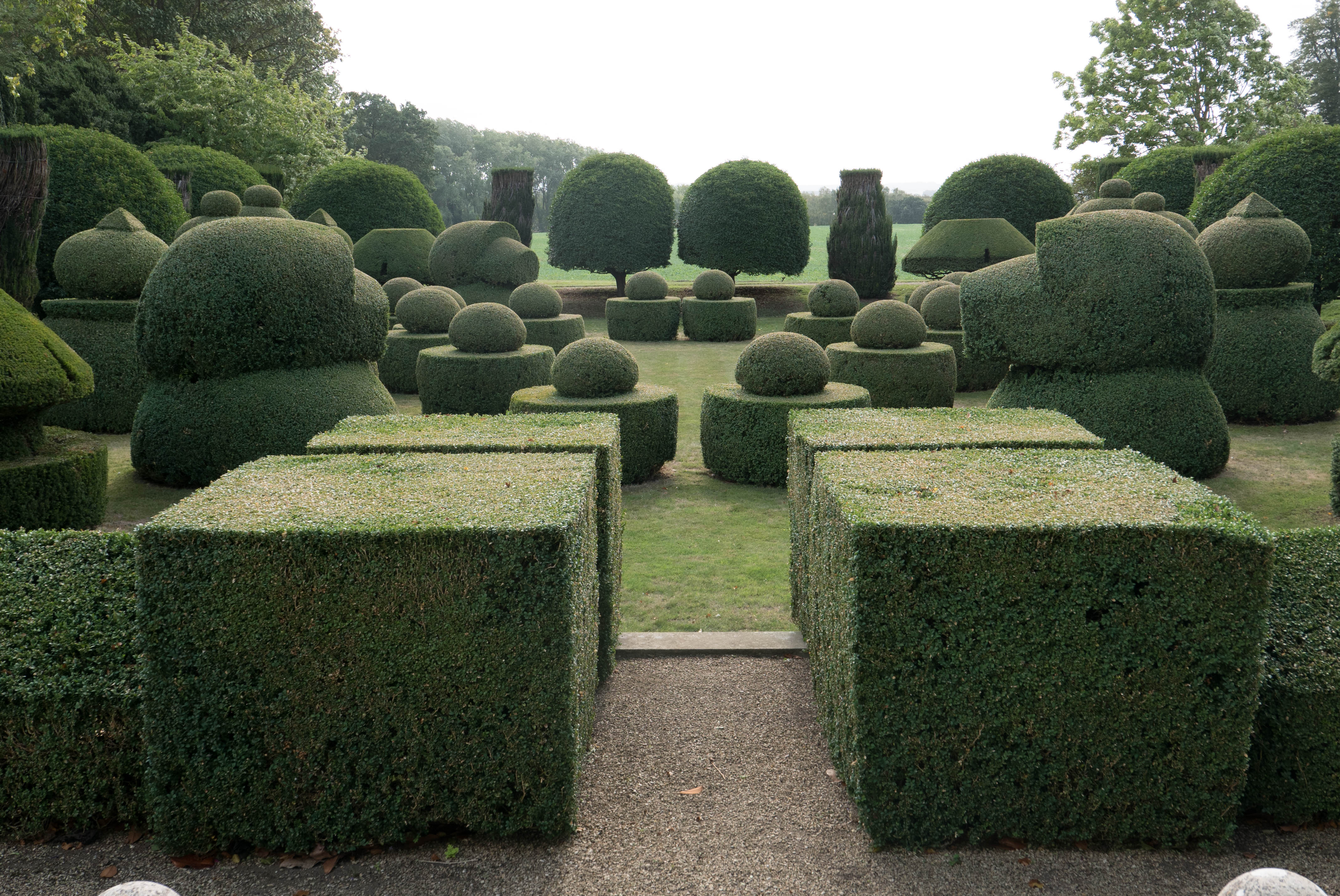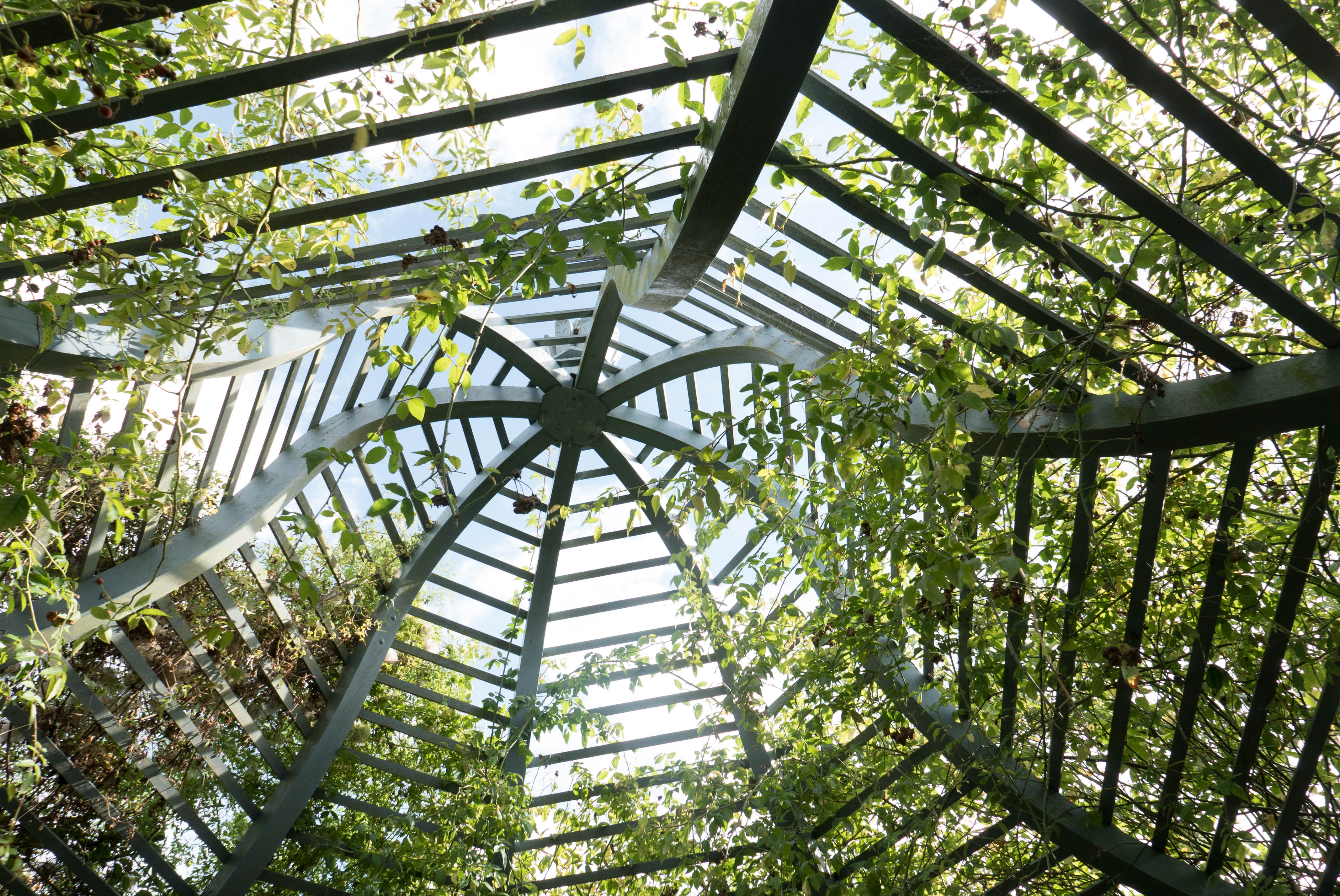My last blog post, about making history visible and listening to the land, struck a chord. Many readers responded via the Site and Insight web page or commented on Facebook and on the blog itself, saying they were touched by the piece. Several described how experiences in their pasts affected their responses today, both to their own garden and to gardens they visited.
I know that is true for me. I grew up in Virginia, in a house with a big back yard where I could hide under bushes and pretend to be an explorer or anything more adventurous than the little girl I was. At my grandparent’s farm I could enjoy the garden around the house, with its tall shade trees and enormous boxwood that lined the path to the front door, while always wondering when I would be big enough to go outside the fence.

As a child, I wanted to climb the hill at my grandparents’ farm to reach the lone poplar tree that family members discussed and painted. The tree was a magnet, pulling me into the world.
A few months ago Anne Wareham, who runs the English website ThinkinGardens, challenged readers to send a review of the best garden they visited in 2018. This week, Anne ran the final review, the one I wrote about Haseley Court, a garden in Oxfordshire.

The topiary chess set at Haseley Court was one of many things I admired there.
I hope you’ll take the time to read my review and to subscribe to ThinkinGardens, if you don’t subscribe already. As a garden website, it lives up to its billing as
“a collection of challenging, entertaining and exciting garden writing, all contributed for free by some of our very best garden writers. Where else could you find garden writing as good (and honest) as this?”
You might consider subscribing as well to Anne Wareham’s website for her own garden, Veddw, a garden in Wales that showcases history in innovative ways. And visiting it, if your travels take you to Monmouthshire.
Why do I link my review of an English garden to my post about listening to the land and making history visible?
A hint: Haseley Court was created starting in the 1940s by Nancy Lancaster, a Virginian who became one of England’s grand interior designers. I grew up in Virginia. Could there be a connection?

Looking up at the sky through this gazebo took me back to my childhood in Richmond.
The strength of my response to Haseley Court leads me to wonder: how important a role do our personal histories play in evaluating a garden? Does your personal history, in gardens and beyond, affect how you respond to the gardens you visit? Should it play a role at all?
What do you think?





